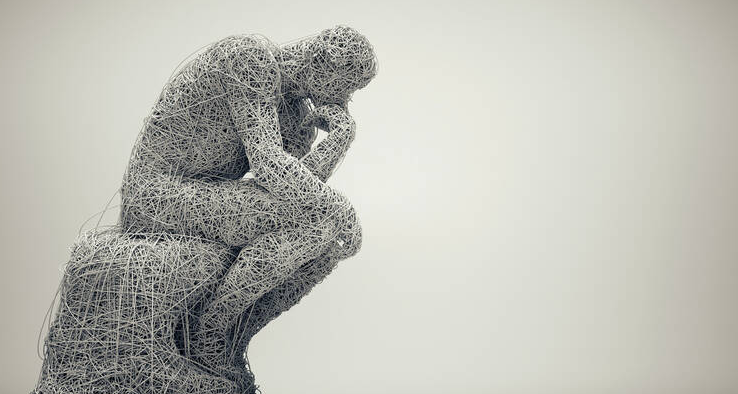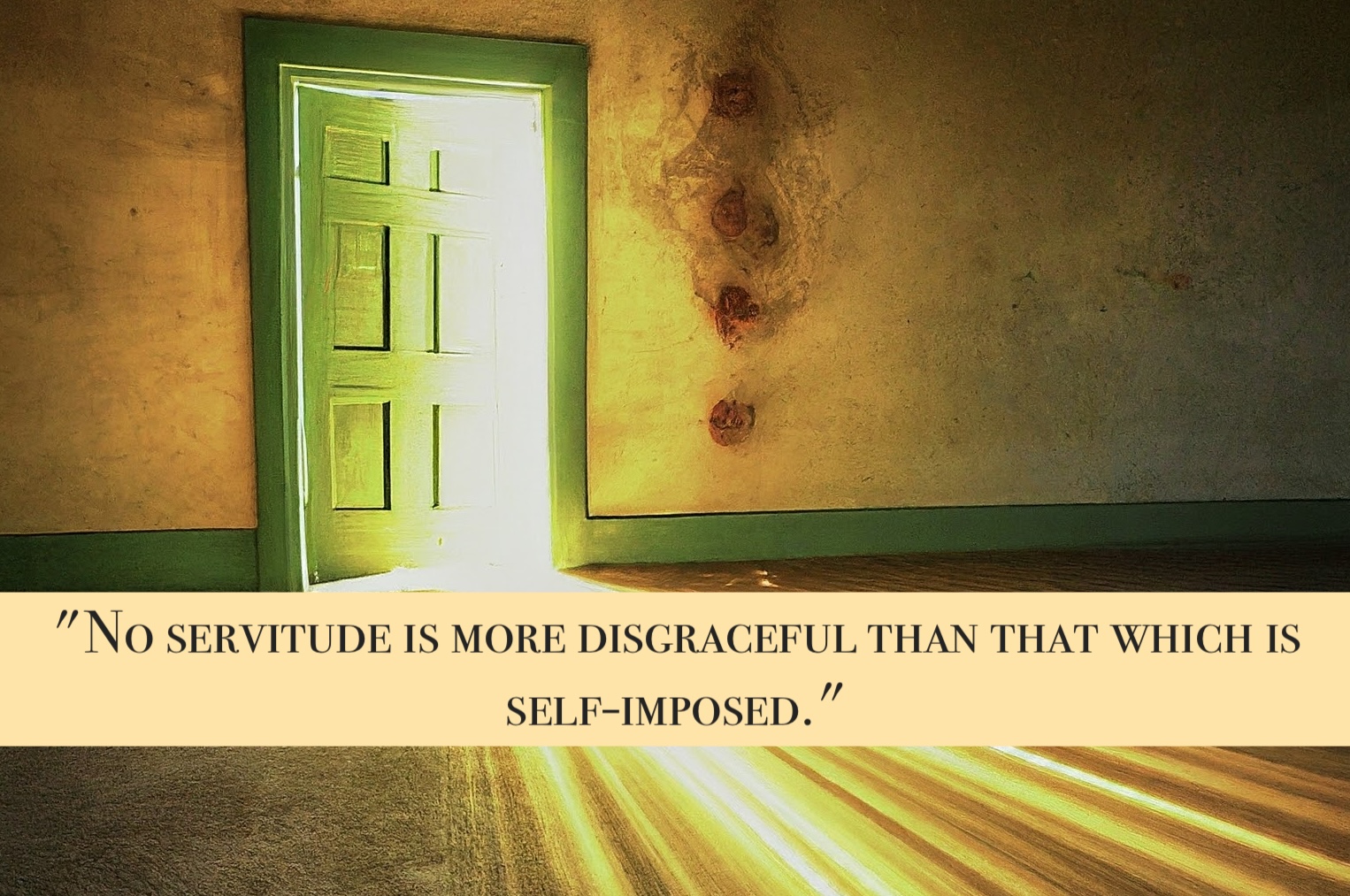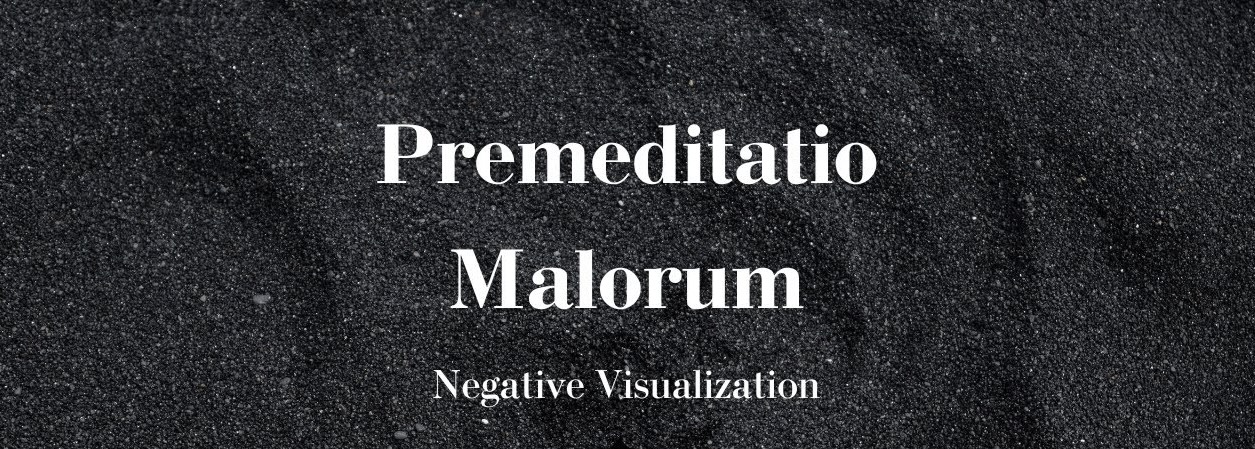Comfort is a Disease

The nature of human is to resist change while the nature of the universe is to embrace change. Because of risk of losing the comfort, we resist change. This is our biggest tragedy. This tragedy is the reason why we can't achieve true potential. I came to understand that comfort is disease; a really dangerous disease. It not only prevents us from improving but also kills our potential. It stands in our way to growth.
We all know that human are insatiable animal and desire something that we don't posses. We are moving towards something that we don't have. . Ironically, I came into realization that even though we are never satisfied with the present we do not strive for change; instead we fall sleep to comfort. Most of us have a goal of doing something of our own (something really big, something that matches our potential) but as soon as we get some decent job (say 9-5 job) that fulfils our present need, we forget about our aim. This is the trap of the comfort which is a disease; a really dangerous disease.
We don't want to come out of that comfort zone because we fear change. Why risk of being jobless while having a decent job? Why make change to a career which is paying well? Comfort give rise to laziness and slothfulness preventing us from doing the things we are capable of doing. Like New York Times put it, “ If you’re too comfortable, you’re not productive. And if you’re too uncomfortable, you’re not productive. Like Goldilocks, we can’t be too hot or too cold.”
One of the root causes of anxiety is also being in a comfort zone. Because of the fear of change, we do not take the leap of courage to step out of comfort and we just dwell with it. Until it's too late, we do not understand the dangerous side of comfort and makes us anxious.
I am really inspired by the greatest stoic Cato the Younger, who was a senator in the Roman Republic and led an opposition to Julius Caesar. Nobody has practiced the level for discomfort that Cato practiced. He walked around Rome in unusual clothing with the goal of getting people to laugh at him and went barefoot and bareheaded in heat and rain. He learned how to endure sickness in perfect silence. It is an example where the discomfort is being tested.
Another Stoic philosopher who come into my mind is Seneca, who was one of the richest men in ancient Rome in his time. He practiced being uncomfortable by practicing poverty, by walking bare foot, wearing cheap clothes, and eating cheap foods. He said,
“Set aside a certain number of days, during which you shall be content with the scantiest and cheapest fare, with coarse and rough dress, saying to yourself the while: “Is this the condition that I feared?” It is precisely in times of immunity from care that the soul should toughen itself beforehand for occasions of greater stress, and it is while Fortune is kind that it should fortify itself against her violence. In days of peace the soldier performs maneuvers, throws up earthworks with no enemy in sight, and wearies himself by gratuitous toil, in order that he may be equal to unavoidable toil. If you would not have a man flinch when the crisis comes, train him before it comes.”
In the time of good or comfort, we must practice the discomfort to prepare for the bad times ahead. Epictetus once said, “But neither a bull nor a noble-spirited man comes to be what he is all at once; he must undertake hard winter training, and prepare himself, and not propel himself rashly into what is not appropriate to him.”
It is said that preparedness for war is the best guarantee for peace. Same works between discomfort and the success. There is a good story about Wild Boar and a Fox which goes:
A Wild Boar was sharpening his tusks busily against the stump of a tree, when a Fox happened by. Now the Fox was always looking for a chance to make fun of his neighbors. So he made a great show of looking anxiously about, as if in fear of some hidden enemy. But the Boar kept right on with his work. “Why are you doing that?” asked the Fox at last with a grin. “There isn’t any danger that I can see.” “True enough,” replied the Boar, “but when danger does come there will not be time for such work as this. My weapons will have to be ready for use then, or I shall suffer for it.”
This story pretty much explains what Seneca and Epictetus had to say.
I came to know that being in love with comfort does not serve in our way but instead harms us; it is a disease. It does not prepare us for the tougher times ahead. Its blunts our knowledge, shunts our potential, inhibits our growth and it stimulates laziness. However, practicing discomfort helps us to be prepare for the future, challenges our potential, and stimulate growth.




Leave a Reply
You must be logged in to post a comment.